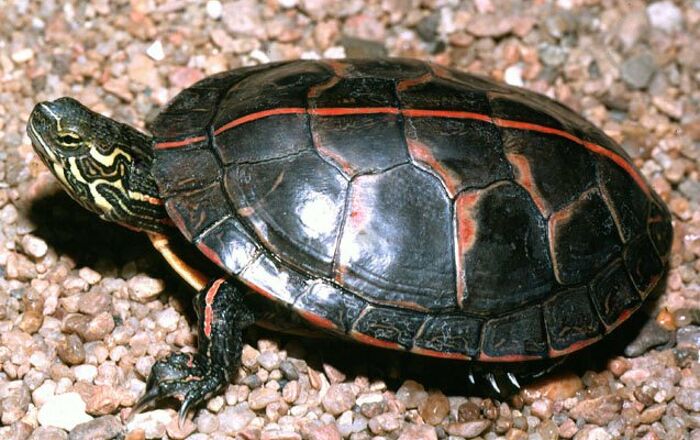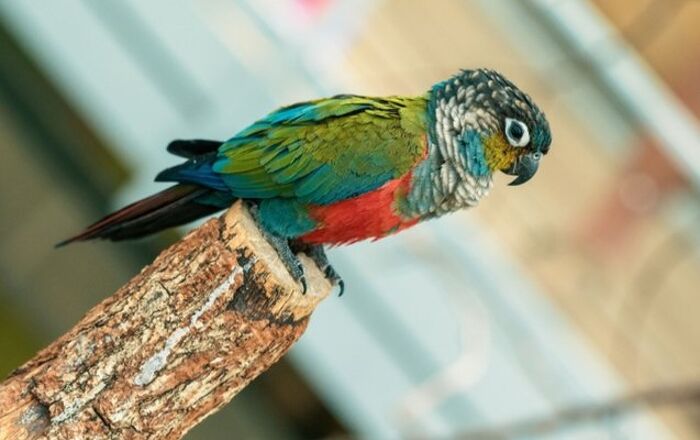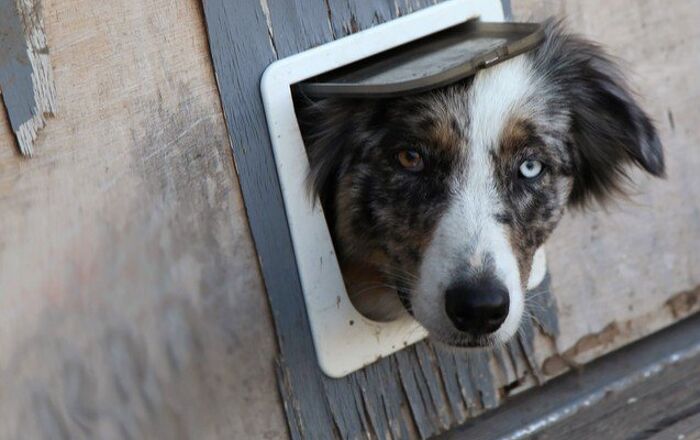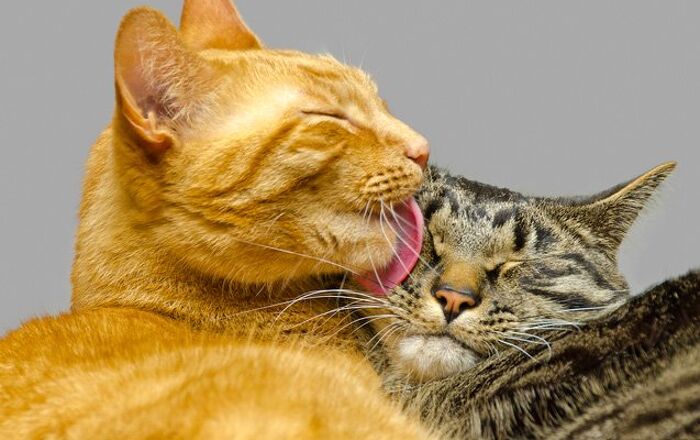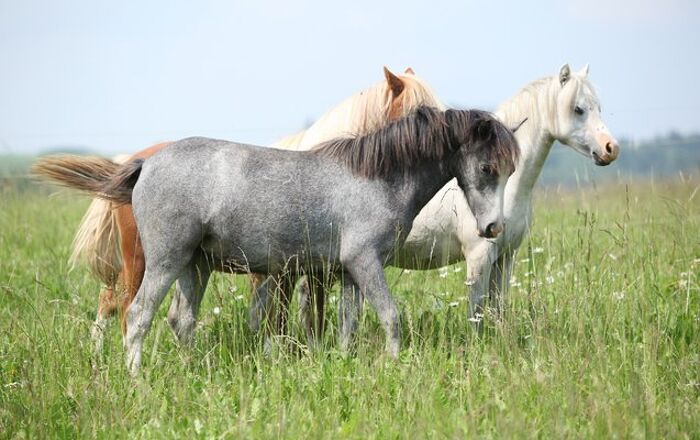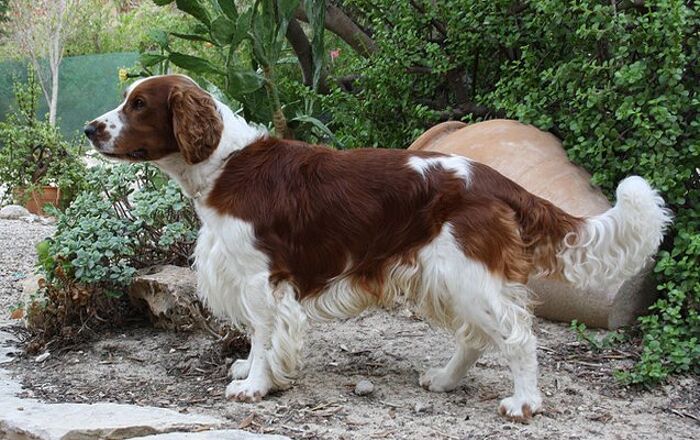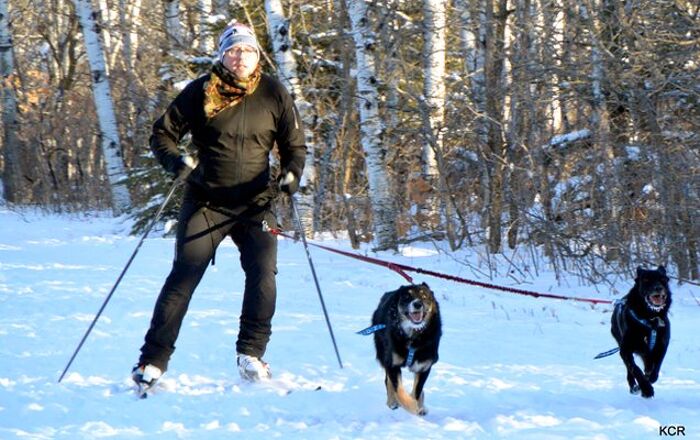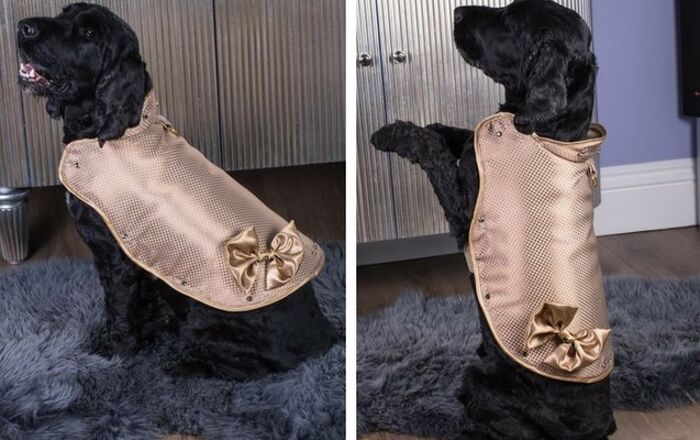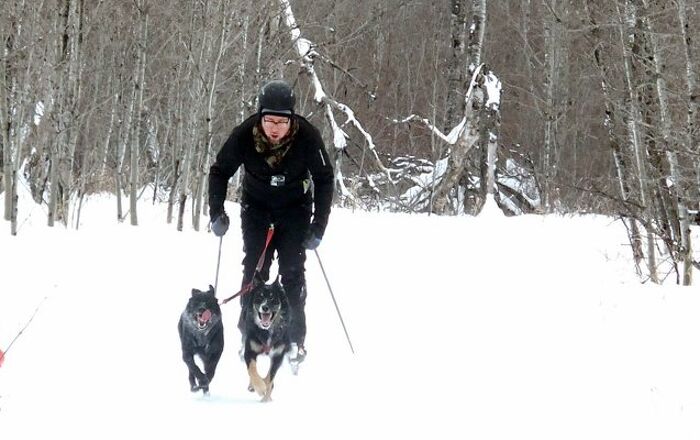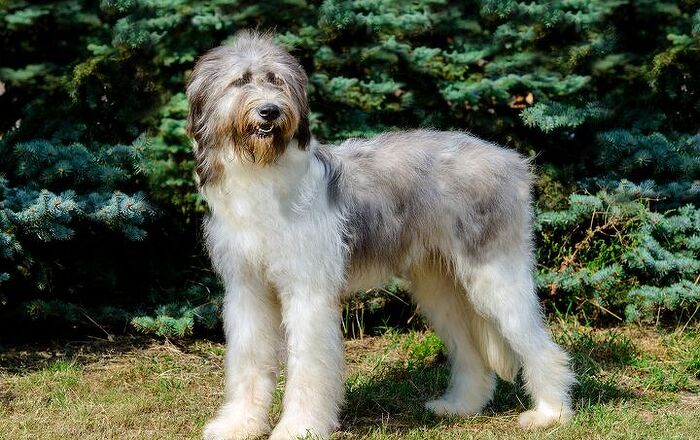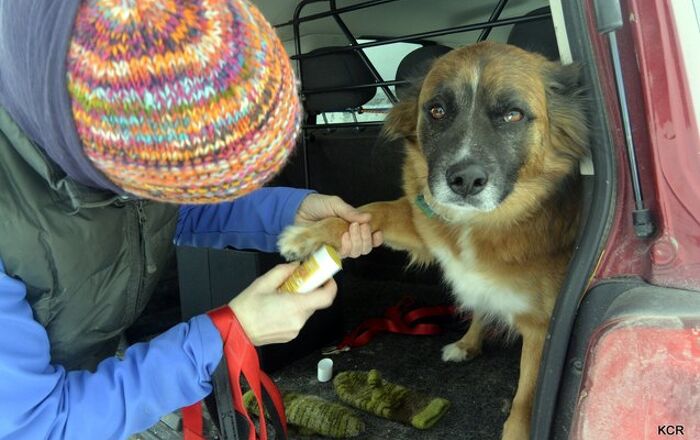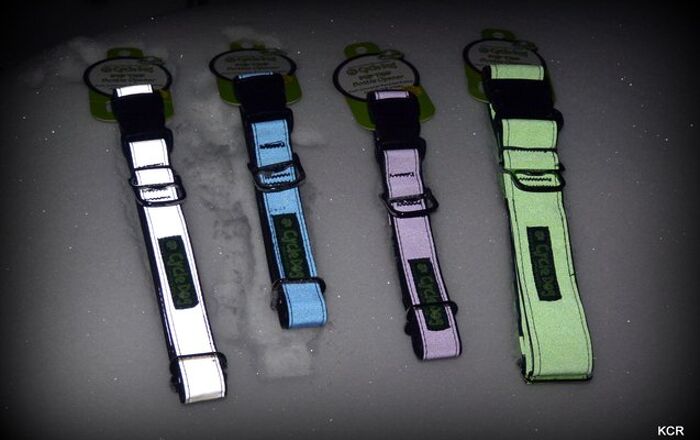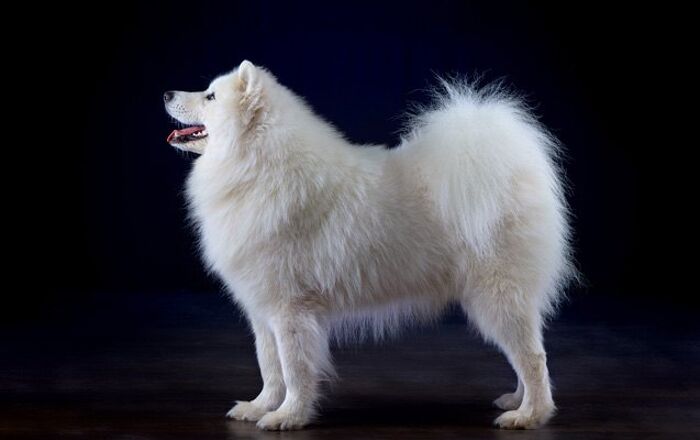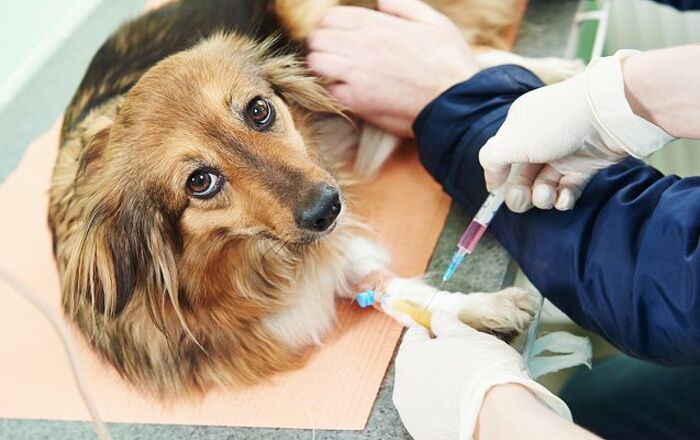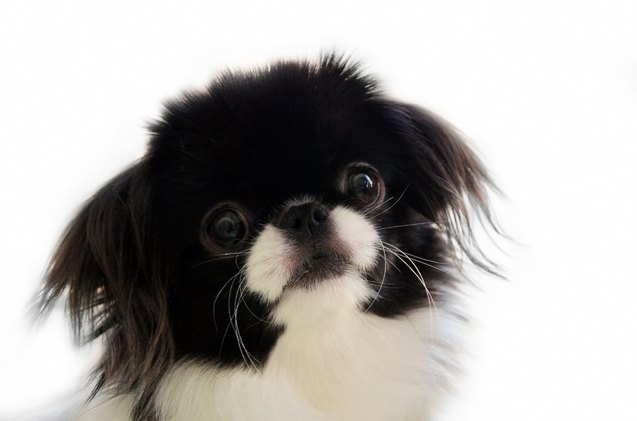
Chin-wa Basics
The clever little Chin-wa brings together the sassy personality of the Chihuahua and the friendly nature of the Japanese Chin to produce a wonderful little companion dog who requires little exercise and is a great option for apartment dwellers.
The clever Chin-wa brings the sassy personality of the Chihuahua together with the friendly nature of the Japanese Chin.
Origin
The Chin-wa is a Designer Dog and is the product of two pure-bred parents. Often these dogs are bred to produce a smaller or hypo-allergenic version of a popular breed. In this instance, it’s introducing the friendlier nature of the Japanese Chin to an often aloof Chihuahua.
Pedigree
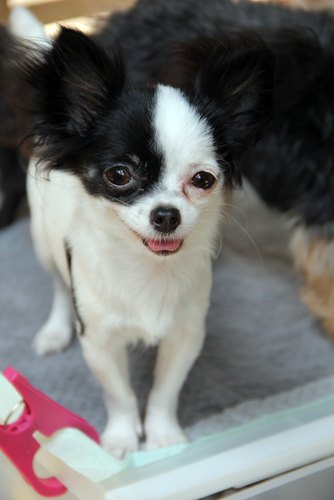
Because he is not a purebred, the Chin-wa does not qualify to be a member of the American Kennel Club (AKC) however both his parents are long-time members. The Chihuahua joined the club’s “toy” group in 1904 and the Japanese Chin became a member of the same group back in 1888.
Food / Diet
The Chin-wa is a moderately active little dog that needs a top quality food specifically geared to his age, size and activity level. Meals should be spaced throughout the day and because he can become fussy and determined, be careful not to overdo it with treats and human foods or you’ll find he will refuse to eat his kibble.
The Chin-wa is quick to consider himself part of the family.
Training
The Chin-wa can be a difficult dog to train. He’s got the smarts but he also has the attitude that can make him stubborn and often unlikely to obey a command. Patience will be required and as with any breed, a rewards-based approach for a job well done will be the best way to make this little dog shine. For some, hiring a trainer may be the best method of achieving the desired results.
Weight
Your Chin-wa is a toy-sized dog that will weigh between 4-8 pounds.
Temperament / Behavior
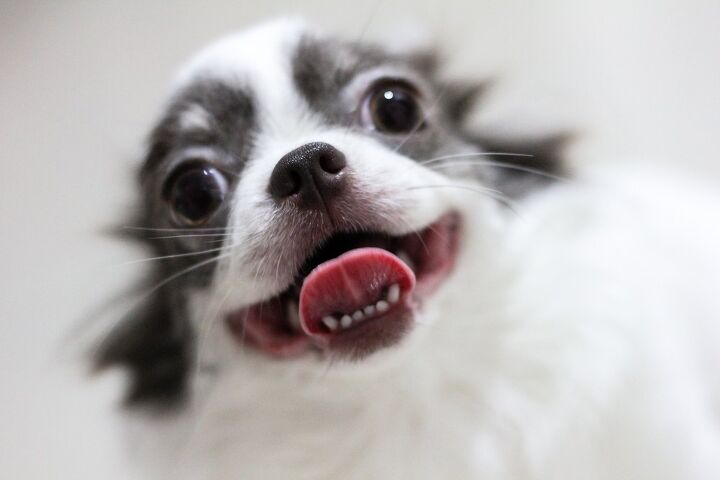
The Chin-wa loves to hang out with his human pack and is quick to consider himself part of the family. The downside is that when left on his own for too long he can suffer from separation anxiety. Although friendly with new faces, he can be cautious around children and other pets unless properly socialized when very young. He is a clever little dog who does well in agility activities so would be an ideal companion for someone who can devote time to play and interaction. He also possesses great watchdog potential.
Common Health Problems
Designer dogs can often side-step the health issues known to plague their purebred parents. You should however, always be aware of what your new pup could inherit. With the Chin-wa, he may be prone to patella luxation and joint issues, hypoglycemia, heart problems and shivering.
Life Expectancy
The Chin-wa has a life expectancy of 10-12 years.
Exercise Requirements
Your Chin-wa will need exercise to stay fit and mentally stimulated however a small amount will be sufficient. Adding indoor play and plenty of toys to a short daily walk will be sufficient to keep him happy and healthy.
The Chin-wa can be a difficult dog to train.
Recognized Clubs
Also known as a Chi-Chin, Chinchi, Chin-Chi, the Chin-wa is recognized by the the Dog Registry of America, Inc. (DRA), American Canine Hybrid Club (ACHC), Designer Dogs Kennel Club (DDKC) and International Designer Canine Registry (IDCR)
Coat
The Chin-wa can inherit either the longer coat of the Japanese Chin or the shorter, soft Chihuahua coat. Either way, he is considered a moderate- to above average-shedder and particularly for the longer-coated dog he will need brushing 2 to 3 times each week to keep his fur tangle-free. Because small dogs can run into dental issues, brushing his teeth twice weekly should be part of his grooming regimen.
Puppies
Chin-wa puppies are smart little guys that can begin to be socialized almost immediately. To ensure your puppy hasn’t inherited some of the health issues known to be a problem for Chihuahuas and Japanese Chins, ask the breeder to provide you with the health clearances for both parents. And because this pooch comes from a breed that can suffer from joint issues, take it easy when walking and exercising him so as not to cause injuries that may plague him later in life.
Photo credit: nirutti/Shutterstock; Dmiytro/Shutterstock; jahssr/Shutterstock

